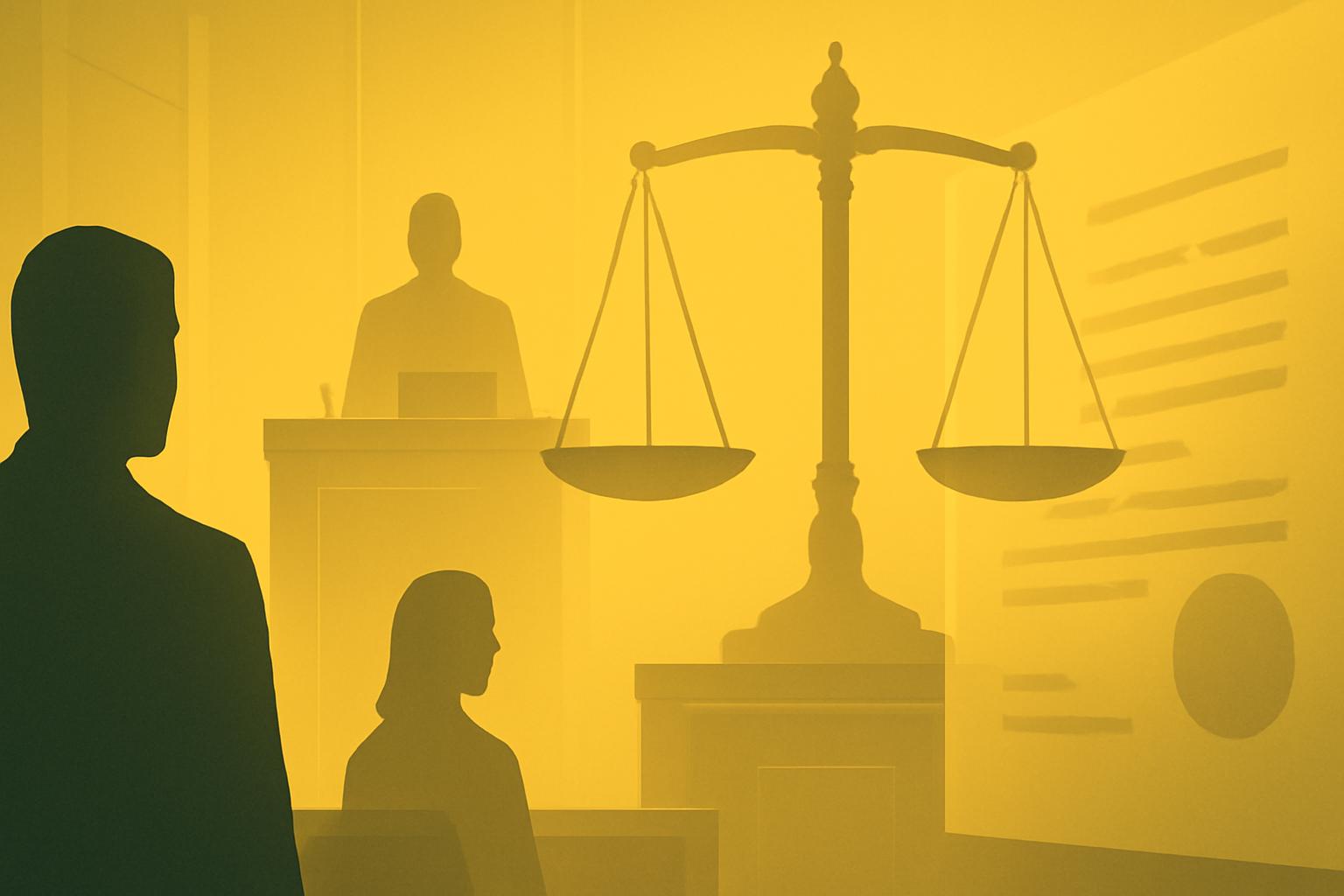Supreme Court Denies Ghislaine Maxwell’s Appeal
The U.S. Supreme Court on Monday declined to hear the appeal of Ghislaine Maxwell, former British socialite and longtime associate of convicted sex trafficker Jeffrey Epstein. This refusal effectively upholds Maxwell’s 2022 conviction for sex trafficking in connection with the abuse of underage girls.
Legal Arguments and Non-Prosecution Agreement
Maxwell’s defense contended that federal prosecution in New York was improper due to a 2008 non-prosecution agreement secured by Epstein from the U.S. Attorney’s Office in Florida. The agreement purportedly protected Epstein’s co-conspirators from criminal charges, a provision Maxwell’s attorneys argued should shield her from prosecution. Under that agreement, Epstein pleaded guilty to state charges related to procuring a minor for prostitution, but the federal government refrained from pursuing additional criminal charges against associates.
Conviction and Sentence Details
Maxwell was convicted in a Manhattan federal court in 2022, three years after Epstein’s suicide in a federal jail following his arrest on child sex trafficking charges. She is currently serving a 20-year prison sentence. She is held in a minimum-security facility in Texas, having been transferred from a more restrictive Florida prison shortly after an interview with Deputy U.S. Attorney General Todd Blanche, who previously served as President Donald Trump’s criminal defense lawyer.
Political and Legal Implications
The decision coincides with ongoing criticism of the Trump administration’s reluctance to release investigative documents related to Epstein and Maxwell, despite prior commitments to transparency.
“We’re, of course, deeply disappointed that the Supreme Court declined to hear Ghislaine Maxwell’s case,” said Maxwell’s attorney David Oscar Markus. “But this fight isn’t over. Serious legal and factual issues remain, and we will continue to pursue every avenue available to ensure that justice is done.”
Maxwell’s remaining legal options appear limited to seeking a presidential pardon or sentence commutation, possibly from former President Trump, who maintained personal connections with both Epstein and Maxwell.
FinOracleAI — Market View
The Supreme Court’s refusal to hear Maxwell’s appeal signals judicial finality in a high-profile case that has significant political and social ramifications. The case underscores ongoing tensions between judicial rulings and executive branch discretion, particularly in politically sensitive prosecutions.
- Opportunities: The ruling reinforces the integrity of federal prosecution in sex trafficking cases, potentially deterring future misconduct.
- Risks: Continued political controversy may affect public trust in the justice system and raise concerns about transparency in related investigations.
- Potential executive intervention via pardon or commutation remains a wildcard impacting legal and political landscapes.
Impact: The Supreme Court’s decision is a legal affirmation that maintains the status quo, limiting Maxwell’s avenues for early release and emphasizing the judiciary’s role in upholding convictions in sensitive criminal cases.













